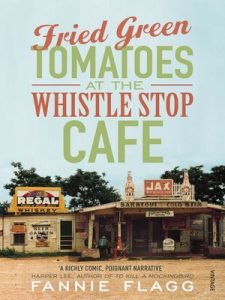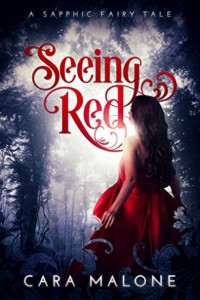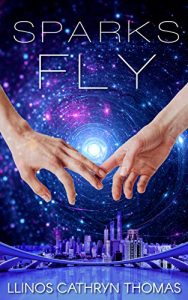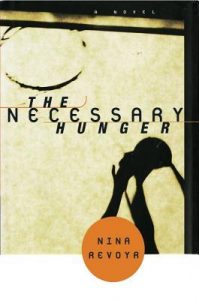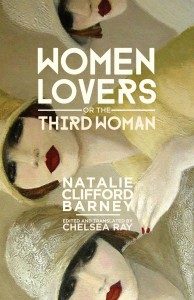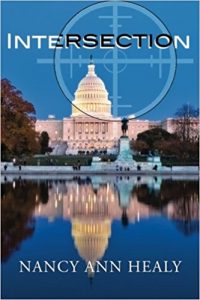Here’s another one of my recent booktube videos, this time discussing the sapphic novels and short story collections that I’ve rated 5 stars!
Books mentioned:
- The Summer We Got Free by Mia McKenzie (review)
- Hero Worship by Rebekah Matthews (review)
- Tipping the Velvet by Sarah Waters
- Fingersmith by Sarah Waters
- The Seven Husbands of Evelyn Hugo by Taylor Jenkins Reid (review)
- The Color Purple by Alice Walker (review)
- Lizzy & Annie by Casey Plett (review)
- Missed Her by Ivan Coyote (review)
- Falling In Love With Hominids by Nalo Hopkinson (review)
- Kissing the Witch by Emma Donoghue
Support the Lesbrary on Patreon to be entered in monthly queer book giveaways!

